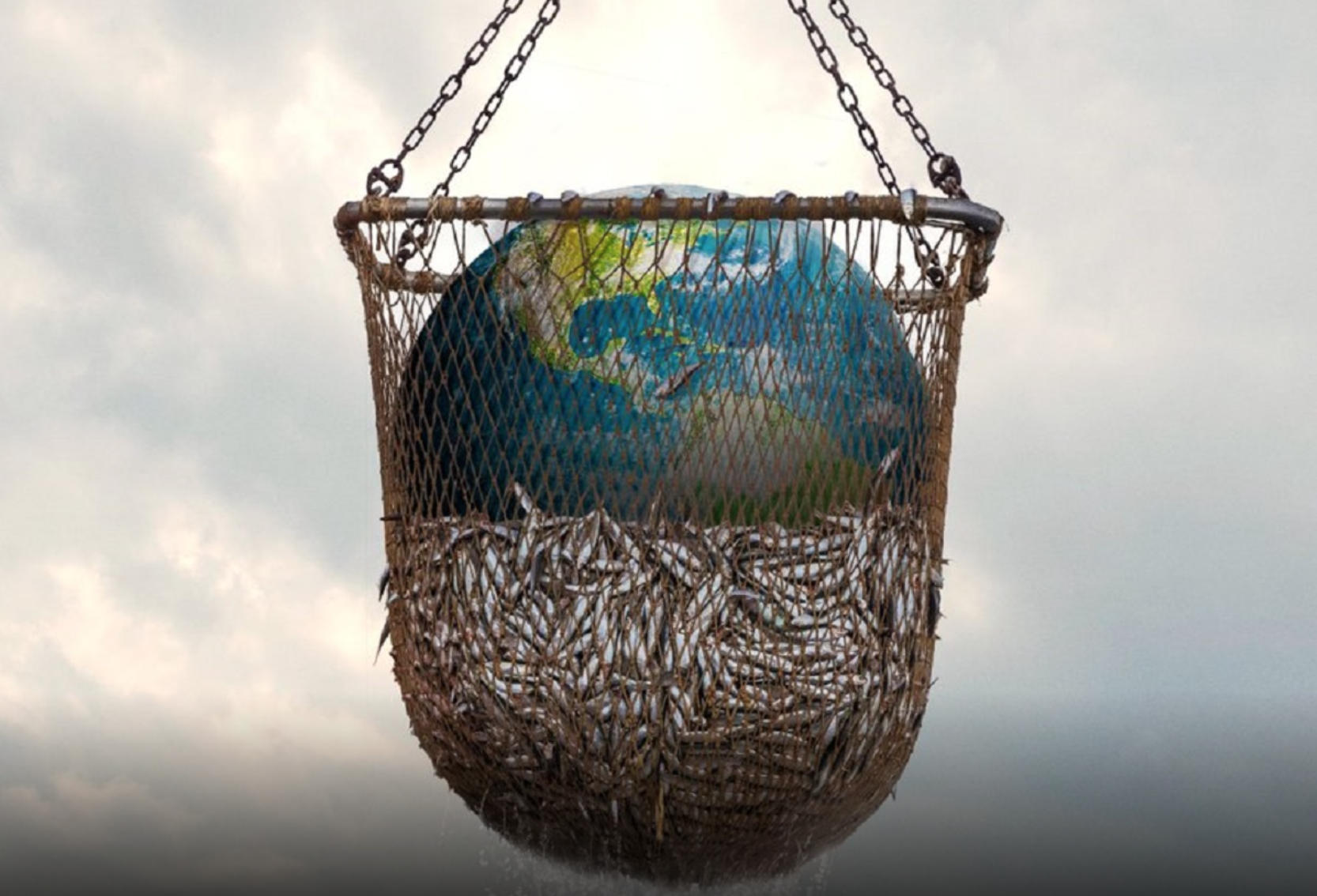Marine Biodiversity Protection in the High Seas
Written By Nischala McDonnell
Characterised as the ‘last frontier of exploitation on the planet’, the high seas are often
perceived as a “lawless” Wild West. This perception originates from the Grotian vision of
the high seas as being common to all, enabling Nation-States to freely navigate, trade and
conduct fishing activities. These traditional freedoms of the high seas are reflected in the
United Nations Convention on the Law of the Sea (UNCLOS), since the high seas ‘are open to
all States’. However, this gives rise to an inherent tension between the right to exploit and
the protection of marine biodiversity in the high seas.
Fishing in the High Seas
The freedom of fishing is a cardinal freedom which has implications upon the adequacy of
marine biodiversity protection efforts. All Nation-States have the right to fish, yet this
freedom is subject to three broad constraints; treaty obligations, the interests of coastal
states, and other provisions within Section II of Part VII UNCLOS (i.e., conservation and
management of living resources in the high seas). The development of these constraints
recognised how Nation-States no longer have an unlimited freedom to exploit the supply of
fish without consideration of the impacts upon biodiversity conservation. Despite the desire
to avoid the tragedy of the commons, responsibility for marine biodiversity protection in the
high seas is dispersed between global and regional regimes. Consequent gaps and overlaps
in high seas fisheries biodiversity management include: uncoordinated geographic coverage
of relevant instruments and institutions; ineffective incorporation of biodiversity
conservation objectives; and the systems which monitor and enforce compliance have
questionable efficiency. Although jurisdictional and functional overlaps may provide
benefits to resource sharing, these overlaps and gaps ultimately impede marine
conservation management.
In response to this legislative and institutional patchwork, Regional Fisheries Management
Organisations (‘RFMOs’) developed as the modus operandi for fostering the duty to
cooperate in conserving marine resources. RFMOs manage high seas conservation on a
regional basis. Each RFMO is an autonomous body governed by different convention(s) or
agreement(s). Although RFMOs are regarded as the solution to the international fisheries
crisis, many fail to protect marine living resources on two major counts. First, RFMOs only
apply to contracting parties. As a consequence, Nation-States who are not RFMO members
would not be bound by those particular RFMO rules, leading to the manifestation of the
‘flag of convenience’ problem and the issue of free-riding. Second, there is absence of
contemporary environmental protection principles in some RFMOs created before the Fish
Stocks Agreement. Arguably, this is due to the original purpose of RFMOs; to allocate the
quota of fish available in the covered areas. In this regard, there is an inherent tension
between the right to exploit and the duty to protect marine living resources in the operation
of RFMOs. Consequently, most RFMOs are poorly suited to deliver biodiversity,
sustainability or ‘broader environmental protection’.
The misappropriation and mismanagement of national, regional and global fisheries are
evident in the current status of global fish stocks. As of 2018, nearly 90% of ‘world’s marine
fish stocks are now fully exploited, overexploited or depleted’ since catches have not been
limited to sustainable levels (i.e., maximum sustainable yield). The ocean system has
become more vulnerable to environmental stresses due to overfishing. Overfishing includes:
humanity’s practice of taking too many fish than can be sustainably yielded; taking too
many ‘high tropic level and valuable fish species’ which truncates the food web; and the use
of destructive fishing gear that severely impacts ocean habitats. The collective impacts of
overfishing drives ecosystem regime shifts. By reducing the number of fish and other marine
life in the ocean, the ocean’s ability to sequester carbon weakens. As a result, this increases
atmospheric CO2 levels, which then feeds the vicious cycle of global warming and the
climate change trajectory. Humanity needs to reverse our ecological debt and recognise
that when the oceans are ‘bountiful, they can continue their vital yet unacknowledged role
as chief climate regulator’. Therefore, ending overfishing could increase fish stock and
marine ecosystem resilience to climate change impacts. This would necessitate the
strengthening of positive feedbacks between humanity and the ocean, whilst
disincentivising the profits gained by overfishing. Hence, it is crucial to eliminate overfishing
in order to effectively mitigate climate change and ensure marine biodiversity protection.

